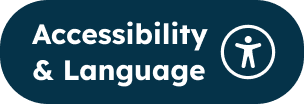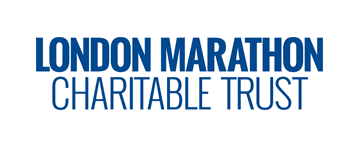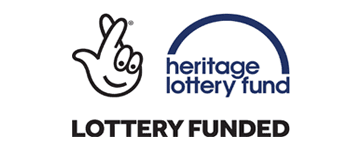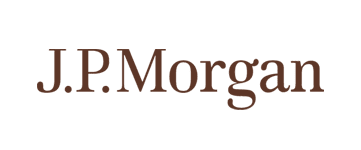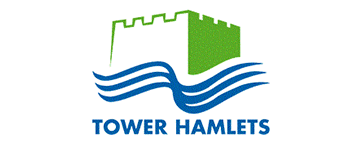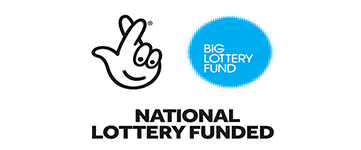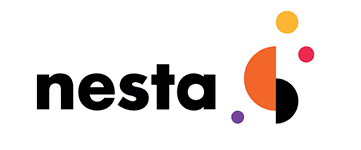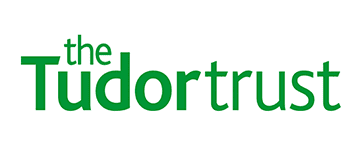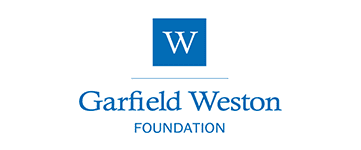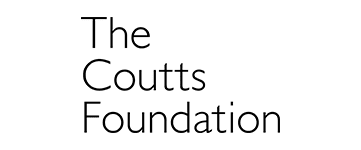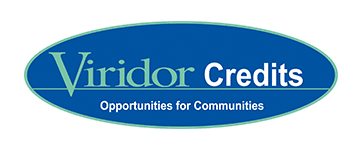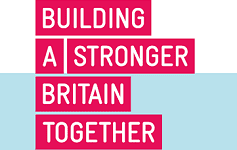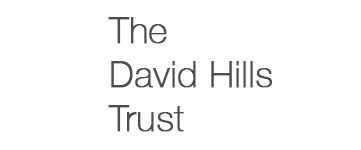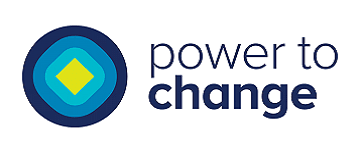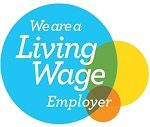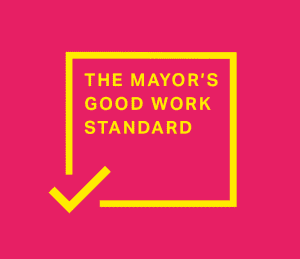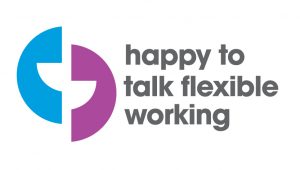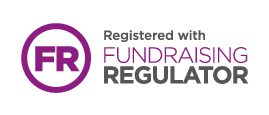“We really do make a difference to people’s lives.” Julia Wookey and Adam Fellows, Pro Bono Week Volunteer Profile
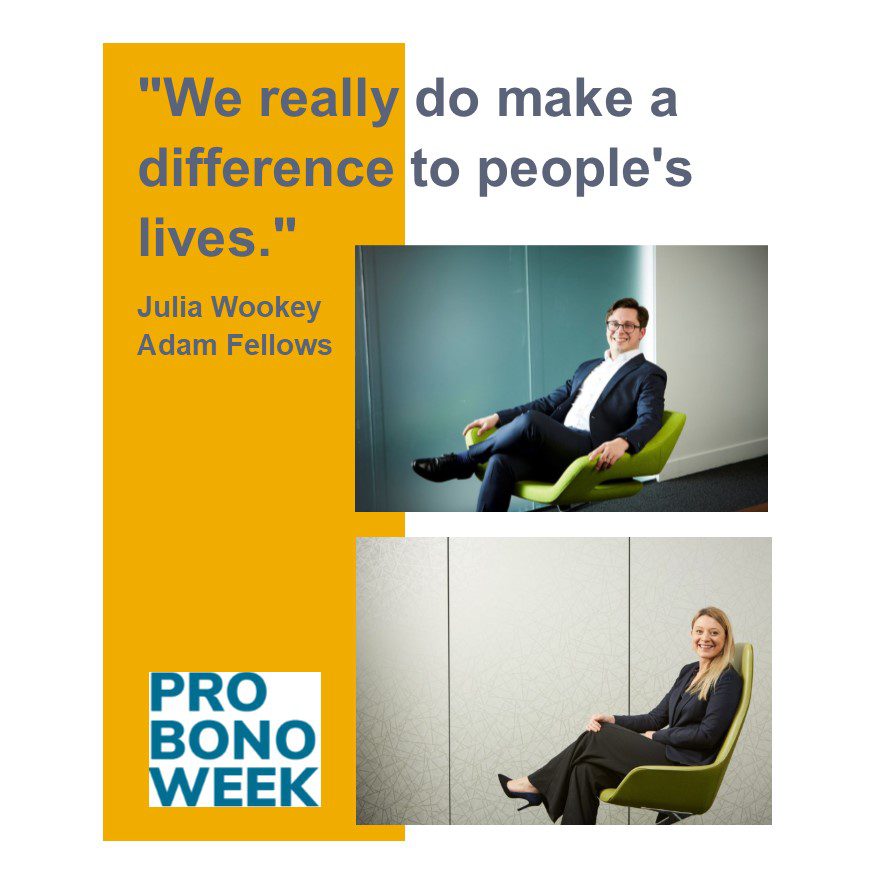
Julia Wookey and Adam Fellows from Howard Kennedy share their experience as a Pro Bono volunteers at the Free Legal Advice Centre at Toynbee Hall.
They provide advice at FLAC as Toynbee Hall volunteers.
Since 1898, Toynbee Hall’s Free Legal Advice Centre has been powered by pro bono volunteers giving up their time to provide free, expert legal advice. Each year it means 100s of people across London who would otherwise be unable to afford support get the help they need to exercise their rights. Over the last 12 months alone, 2250 hours of Pro Bono advice were provided to people across London at FLAC. At a time of growing demand for legal support, the support of these volunteers is more important than ever. We want to take the opportunity during Pro Bono Week 2020 to celebrate the achievements of some of our most dedicated Pro Bono volunteers..
Julia Wookey and Adam Fellow are both solicitors at Howard Kennedy LLP. Adam volunteered with Toynbee Hall as a student long before he joined the firm but was pleased to continue with the service. Julia helped set up and run the Howard Kennedy partnership with FLAC and volunteers herself at several clinics. As well as advice, the Howard Kennedy team have been absolute vital to our Covid-19 response, particularly in moving FLAC to a fully remote telephone service. Since 2019, Howard Kennedy had worked with us to create and pilot our Remote Advice service, making sure the systems worked effectively for clients and advisors. It was only because we had successfully tested and piloted these systems over several months with Howard Kennedy that we were able to move FLAC to a fully remote service in a matter of days at the height of the first wave of the pandemic.
Adam and Julia have kindly given their time to share their experience of FLAC and the view of the value Pro Bono for legal professionals and for communities like ours in East London
What volunteering roles do you both have at FLAC and how long have you been doing it?
Adam Fellows (AF): I am one of the legal advisers for FLAC. I have been volunteering for FLAC for a long time; it’s been over 8 years. I started advising here when I was a law student, and I have been advising all the way through my career.
JW: We were so happy to learn that Adam was already a committed FLAC volunteer by the time he joined the firm. He is one of our most dedicated volunteers and he is always willing to be shadowed and teach others, which is brilliant. I’ve been volunteering regularly at FLAC, including at the women-only sessions on Saturday mornings since 2016. I advise individuals on all things civil litigation as well as civil liberties and some general legal advice. I also co-manage the firm’s relationship with FLAC, coordinate our volunteers and supervise some of our more junior lawyers to make sure that anyone who wants to get involved and volunteer, can.
We, together with FLAC manager Jasmine Ashely-Tagoe (whose brilliant idea it was), set up an additional remote advice service last year, which meant that when Covid-19 happened we were able to continue volunteering regularly.
….it’s important to try and improve access to justice however you can, whether it’s helping someone navigate our complicated procedural rules or to fill in a form, even the smallest things can make a huge difference
Why do you volunteer at FLAC and why do you think pro bono volunteering is important?
AF: I’ve volunteered for two reasons. First, it’s an excellent way to develop my skills as a lawyer. It’s important to be a good communicator, and volunteering has helped me improve those skills so FLAC’s clients don’t feel bombarded with legal jargon. Second, I strongly believe that I should give back to the public. I have had a privileged life, and this is my way of being able to help those who do not have access to the same level of security I do. I think pro bono volunteering is important for that reason as well. The legal system can be confusing for lawyers, let alone the public, and it’s important for people to understand their rights and their options. Sometimes I have found telling a client that there is little legally that can be done has helped the most, as it’s allowed them to focus on other avenues of assistance such as debt management.
JW: Like Adam, I consider commitment to pro bono to be another element of my day job. Before joining Howard Kennedy I worked at a legal aid firm and I have witnessed first-hand some of the wide-ranging effects of the cuts to legal aid funding. I think it’s important to try and improve access to justice however you can, whether it’s helping someone navigate our complicated procedural rules or to fill in a form, even the smallest things can make a huge difference. I have noticed that a lot of the FLAC clients appear to derive almost as much benefit from being listened to and taken seriously as they do from receiving legal advice and learning their rights. Volunteering regularly has helped me improve my listening skills, as well as my analytical and technical skills. I am certain that I will continue to improve as a lawyer with continued volunteering.
Is there a success you’ve had for a client that you’re particularly proud of? If so, how did you help the client and what outcome did you have?
AF: One of my abiding memories is of a client who had a default judgment against her, and was being chased by bailiffs. She had no knowledge of the claim, so as part of the work I wrote to the legal department of the claimant. Turns out that the claim had never been made, let alone subject to judgment. It turns out that a bailiff had forged a warrant, having received information about the issue from an insider at the claimant. Very little legal work, but it stuck in my mind because this is the kind of issue some of FLAC’s clients are up against.
JW: Sometimes I meet clients who are in the middle of proceedings as litigants in person and who are being subjected to inappropriate pressure from their opponents’ legal representatives. The Law Society has published guidelines for lawyers when dealing with litigants in person which includes not taking unfair advantage of them. In one matter, I advised a client who was on the cusp of accepting a monstrously unfair offer of settlement because they believed, having received a scary and threatening letter from a firm of solicitors, that if the matter went to court and they lost, that they would have to pay a huge amount of costs which they could never afford to pay. In fact, the claim was in the small claims court (where the usual costs rule does not apply) and the client had a strong claim. They ended up securing a good settlement following a strongly worded letter.
What’s your favourite part of volunteering at FLAC?
AF: The clients. Especially when it’s good news for them, as they are just so grateful. We really do make a difference to people’s lives.
What’s your favourite part of volunteering at FLAC? The clients. Especially when it’s good news for them … We really do make a difference to people’s lives.
JW: The clients, the teamwork and the opportunity to learn. Jasmine is constantly thinking of ways to improve the service so that more people can access it and it’s really inspiring to work with and learn from her. Dave Busfield-Birch, the FLAC supervisor, has heard just about everything before and is always keen to talk through any client matter and lend you both his support and the benefit of his experience.
From your experience, if you could change one thing to improve access to justice for people in the communities FLAC serves, what would it be?
AF: Better funding for the legal aid service, but I would also expand it. If the fund could be increased to allow one hour’s of advice for an individual with an issue to get guidance on their issue, I think it would be a good investment for the MoJ and HMCTS, as people bringing or dealing with claims would have a better understanding and it would save the courts both time and money in the long run.
JW: I agree about funding and expansion for legal aid, but I also think it would be brilliant if schools taught people about their basic legal rights across a whole range of issues including crime, family, welfare and benefits and social housing. I think that people are less likely to be taken advantage of if everyone is better informed.

